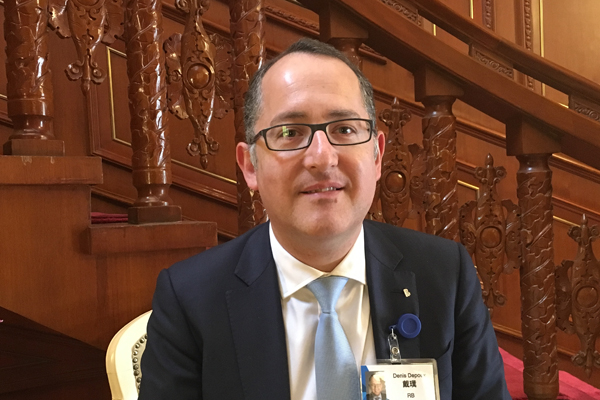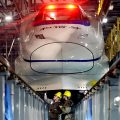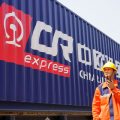
As China continues to transform its economy, many companies in the traditional sectors are seeking help to transform their business, according to a senior executive of Roland Berger Strategy Consultants.
“A lot of them are concerned about the transformation of the Chinese economy, especially those in the commodities sector, construction materials and chemicals,” said Denis Depoux, Asia deputy president and senior partner of the global consultancy firm, during an interview with China Daily on Saturday.
Faced with increasing competition and overcapacity, there are demands for restructuring, modernizing facilities, and having more added value to fit into the transformation of the Chinese economy, he added.
The Munich-based firm has experience helping companies adapt and become successful in tough environments.
The following is an edited excerpt from the interview.
Q: The business landscape is always changing. How does Roland Berger spot business trends and adjust your services accordingly?
A: We see the trends coming because we see what our clients are concerned about. They are concerned in a way, but they also see many opportunities.
A lot of them are concerned about the transformation of the Chinese economy, especially those in the commodities sector, construction material and chemicals, etc. In view of increasing competition and overcapacity, they need restructuring, modernizing facilities and having more added value, having more customized production. So they come to us to improve their manufacturing facilities or to improve supply chain, to simply fit in the transition of the Chinese economy. We see a lot of this. And this is still in the old sectors.
In the old sectors, the clients also see a lot of opportunities. They see the opportunities of overseas acquisitions. Some State-owned enterprises are looking for acquisition targets to internationalize their business and to generate overseas revenue. We see a lot of this in our international work.
Now of course, we see a lot of new topics due to customer demand. In the last year, we’ve done a dozen assignments looking at car sharing, bike sharing, and even apartment sharing.
Q: What are the major areas Roland Berger focuses on as China proceeds with the supply-side reform?
A: Our motto is navigating complexity. Everything we do has to do with solving complex problems. It can be any kind of complexity. It can be technological complexity or restructuring complexity.
One of the services we are asked a lot about these days is supporting large Chinese companies from the old traditional sectors to transform into something different, to diversify into new businesses, to enter financial services, to enter consumer businesses.
We are very strong in auto, energy, chemicals, consumer goods and digital. So we have those vertical competences. But the critical foundation really is transformation. How you make companies successful in tough environments.
Q: Could you share your insights on the energy sector where you have rich experience?
A: What is going on here (in the energy sector) is very impressive. In the year 2016, the power sector liberalization accelerated. As for as I know, nationwide there are 6,000 power retail companies established to sell directly to business consumers.
If people would be skeptical of the reform, I think the energy sector is a perfect example of the determination of the Chinese government to make it right and to make it quite fast. And I think this is serving the objective of the supply-side structural reform. I think China’s goal of eliminating 150 million tons of coal production this year is massive. For the gas sector, gas is still expensive. I think some reform could help to make gas cheaper.


